There are few things I want to do less than give this tribute to my father. The unflinching approach to reality he imparted had left me noticing his aging, and I was preparing to adapt, over time…. But my father never gave someone a challenge he thought them incapable of meeting.
All the wonderful things being shared about my father obviously come as no surprise to me, and I had so hoped to spend the next few years, hearing those things with him, but knowing how uncomfortable it would have made him to hear so much praise, as his own ability to act diminished, I have to appreciate that, as hard as this is on the rest of us, it was an ending with which he would have been satisfied.
I had hoped to spend the next years supporting him, as he always has supported me- my father has been at anything I asked him to be at, and volunteered for things I didn’t intend to subject him to… And The outpouring of remembrances from my friends, has reminded me, of how important it was to him, to know the people important to me. I was touched by the photos my parents saved, not only of me, but of Niki, Jeremy, Erica, Jason, Abe, and so many others. Many of my students and colleagues had stories, as they’ve driven out to Cal Poly Pomona for multiple events, marched with my students for a sustainable future, and for the rights of immigrants, and were happy to attend CPP sponsored Dodger games. Despite his years of public speaking at high-stakes events, family members have reminded me of how the event for which he showed some concern for his performance, was when called upon to officiate my wedding. He saw that a high stakes event. I think Navid would have stayed even with a minor error…. And the depth of his loss, is a testament to my father’s ability to welcome people into his family- completely. When you’re in, you’re in… That’s the for better or worse. And with my father, it was almost all better.
My father didn’t know how to be unproductive, and he will have posthumous work published (not a hint to his co-authors, or a comment on the reviewers- #2 I’m looking at you…), but the idea of slowing down, of doing less, of relaxing, was not at all appealing to him. Nor had it ever been.
Even now as he prepared to “retire” for the fourth time(?), he was finally finding the time to research our family history, finding a master’s thesis on one relative, connecting with ethnomusicologists while researching a family melody… he was organizing photos and records, and of course, gardening.
I’m not sure I ever remember my father reading a novel, though the books he gave me to read, were always meaningful. A Tree Grows in Brooklyn, The Yearling, Black Boy…. Ya know light childhood reading. He never binged anything on Netflix. But he wasn’t quite as out of touch with popular culture as we used to joke. I remember him telling me these films will change how movies are made, when he took me to 2001, and Star Wars.
To vacation with my father was not per se relaxing, but it was always educational. Weren’t there museums to see, history to be learned, culture to be appreciated? I can’t imagine a trip to a beach resort without a sustainability tour. And I have been to an embarrassing number of train museums. From the family albums, apparently my mother married him despite the train museums.
My father had a quintessentially east coast Jewish sense of humor. Political, ironic, dark, but never mean. He had a good chuckle when he learned the Jewish space laser conspiracy centered on high-speed rail, and we certainly have exchanged our share of dark political humor over the years. But he also would go long game on humor, in a way I don’t think most knew…. When my brother was roughly 8- around 1982 (fine I checked the year online), he saw the old chalice comedy skit redone by HBO as a short, and thought it was hysterical, so in typical 8-year-old fashion (and I have an eight-year-old with my brother’s smile), he made a few too many jokes about the chalice, begging my father to re-enact the skit for him. My father, good-naturedly threatened to do that as the toast at my brother’s wedding, if he didn’t stop…. Over the years, once in a while he would bring that up… Fast forward to 2004- Steve and Shirley’s wedding. My father gets up to give a toast, and he opens with the exact same, largely innocuous lines of the skit…. The look on my brother’s face was priceless. Of course, my father proceeded with a lovely toast, And I know only four people there got the joke… but it was epic.
My father did love baseball. Growing up in New York in the 40s and 50s, he and his Uncle Harold’s favorite escape was in the rooting for the underdog Brooklyn Dodgers. And many of you who may have attended games could have mistaken him for teetotal, as he almost never enjoyed a beer at a game. Why? Because once, during a restroom break- he missed a triple play. Fortunately, he stayed in his seat in 1988 for Gibson’s home run, and As a Brooklyn Dodger fan, he saw most of the greats play live, including Jackie Robinson. He also took me to some pretty amazing baseball games, and thanks to his busy travel schedule, I was frequently the lucky recipient of tickets, even when he couldn’t attend. My first Dodger Game went into extra innings, and the Dodgers won on a hit by Steve Garvey. Since we never leave early, we were at the game where the Dodgers hit four home runs in the ninth, though we also suffered through a game where they blew a 13 run lead…. I was at Orel Herscheiser’s first start as a Dodger at Shea with the somewhat traitorous but still beloved Uncle Harold who had defected to Mets fandom…. We’ve seen more than one win by pitchers like Valenzuela, and Kershaw… And I got 18 innings of world series baseball- in one game. No, I did not leave early. And I rode my bike.
Despite his impressive personal achievements, he told me, more than once, that the real influence he had and what he was most proud of, -were the people he had the privilege of working with, educating and developing. He told me, “Not very many people read academic papers, but the influence we have, is in not only the scholars we train, but the many students who don’t become scholars, but go into the world, carrying what we teach them, the messages, values, ideas, and ways of thinking that we impart.” He saw himself fundamentally as an educator, and that approach, allowed him to remain true to himself, his ideals, and his values. Because what he valued most -were people. And being an educator wasn’t a one-way street. He valued what students brought and he integrated it into his thinking and as a result he never stopped growing- challenging his own thinking. That this was the real value of being an educator, the opportunity to expand people’s minds, and in turn, have your own expanded. Recently I had the wonderful privilege of two of my own former students returning to guest lecture for our annual professor for a day campus event. I had them speak about research, about data. And they blew me away. They had this deeply compassionate, humane view of policy, of research, of data. I was shocked at how much of my father’s voice was in their words. When they ended with, and this is what you taught us Dr. Wachs…. It wanted to tell them it wasn’t really me. I was just passing on what I had lived.
One of my friends jokes that when you bring sociology (and my father was undecided between sociology and civil planning) to other disciplines, everyone thinks your brilliant, but one is just asking for people-centered, critically evaluated, long-term planning. And that was effectively the mantra of my life. My father imparted that fundamentally research is about people, and people’s lives. My father lived his life never forgetting that every equation, every budgetary decision, every funding priority, wasn’t a number on the page, it was people’s lives. And those lives were precious, valuable, worthy things. For my father, every person mattered and should be treated with dignity and respect.
And seeing the many wonderful students he taught, and the people they have become, and who my brother is, and who we chose to marry (Shirley and Navid), and who Leia and Ziya are, he will never be gone, and the world is better because he was in it.
I think the many tributes and accolades that continue to pour in would have overwhelmed my father. He was a practical person at his core. But that’s not his legacy. The legacy he leaves is a cadre of people committed to social justice and equity, and human-centered policy. And I am confident that the scholars, practitioners, and activists, he mentored can and will achieve this. And that will be his legacy.
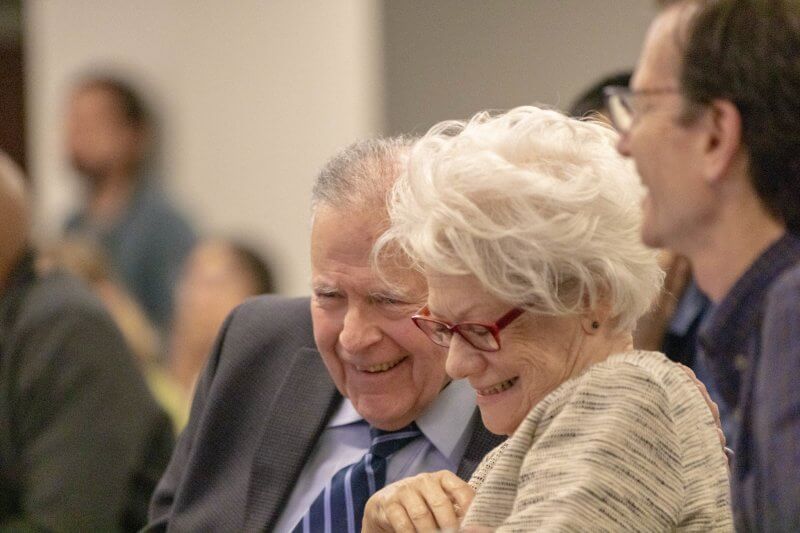



















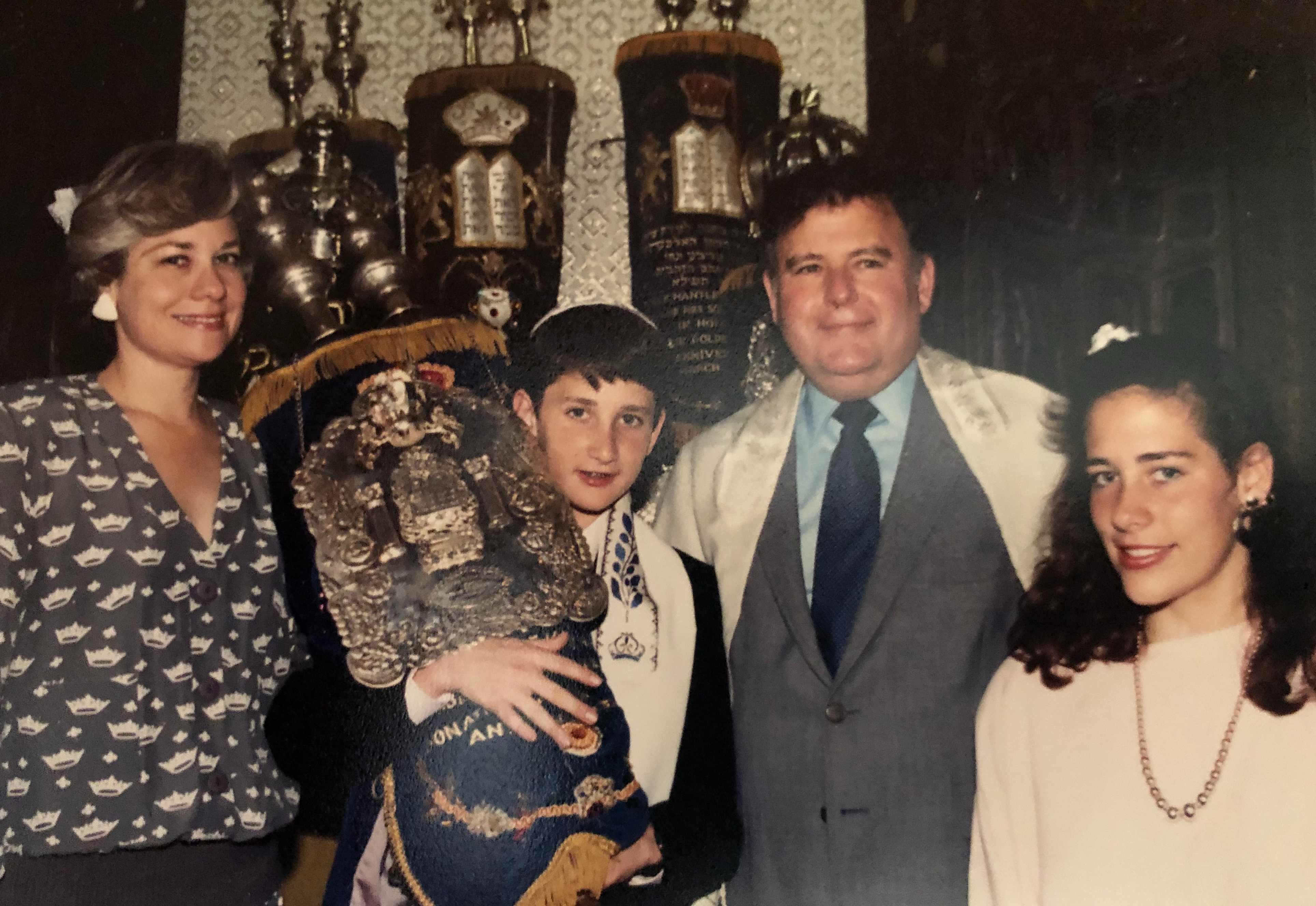





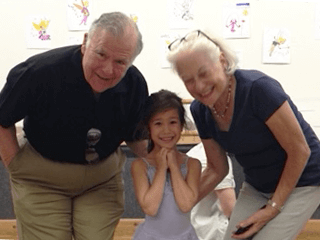
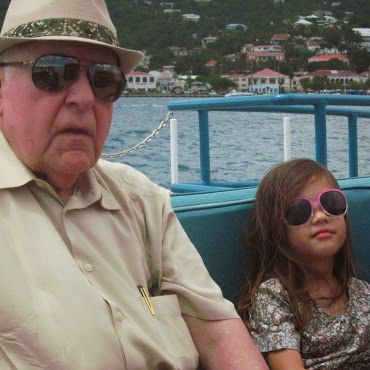
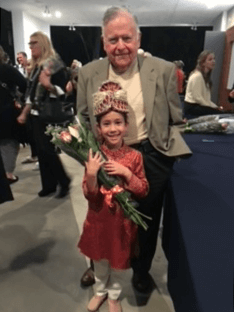
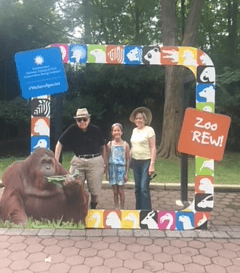

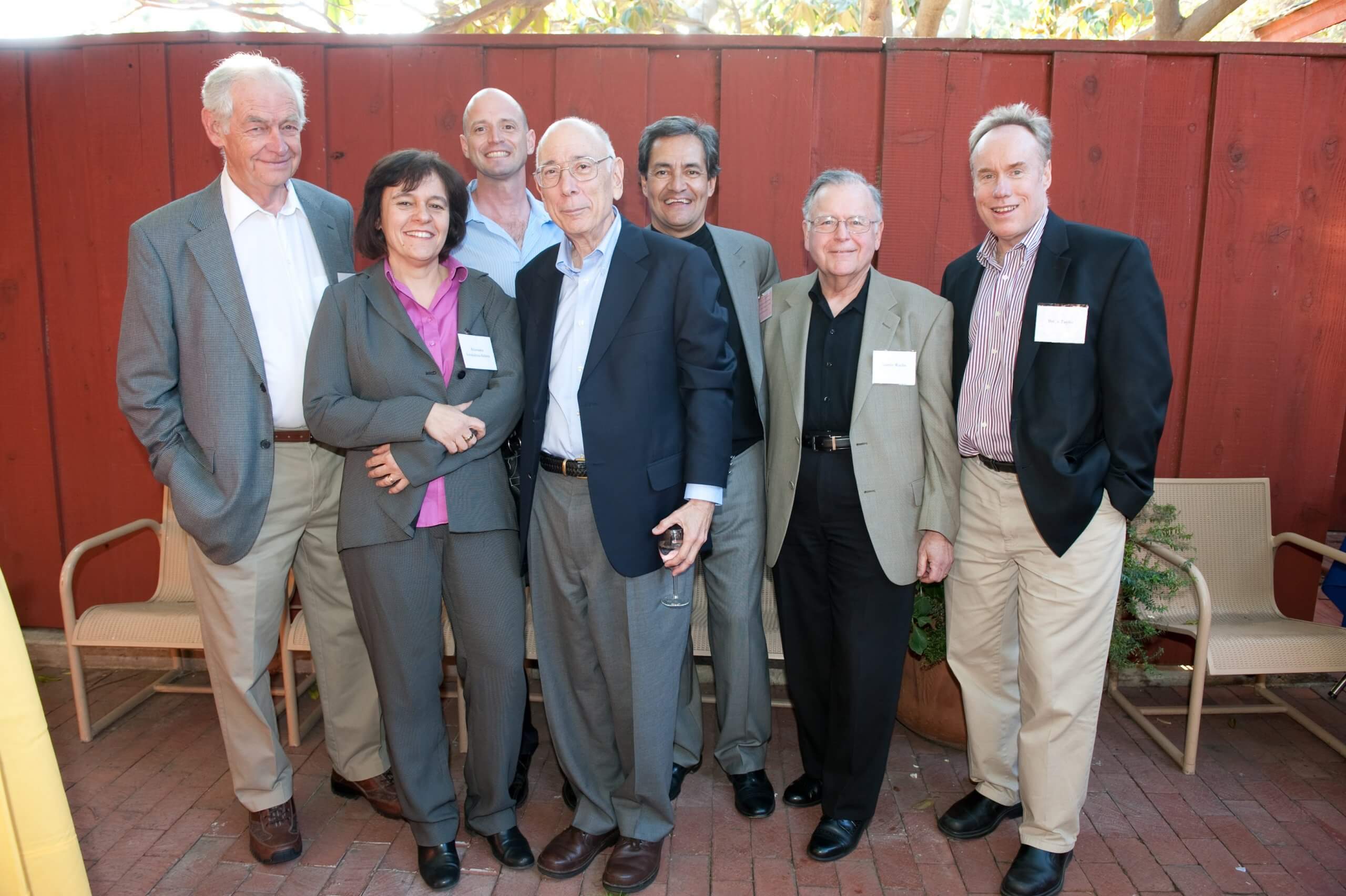
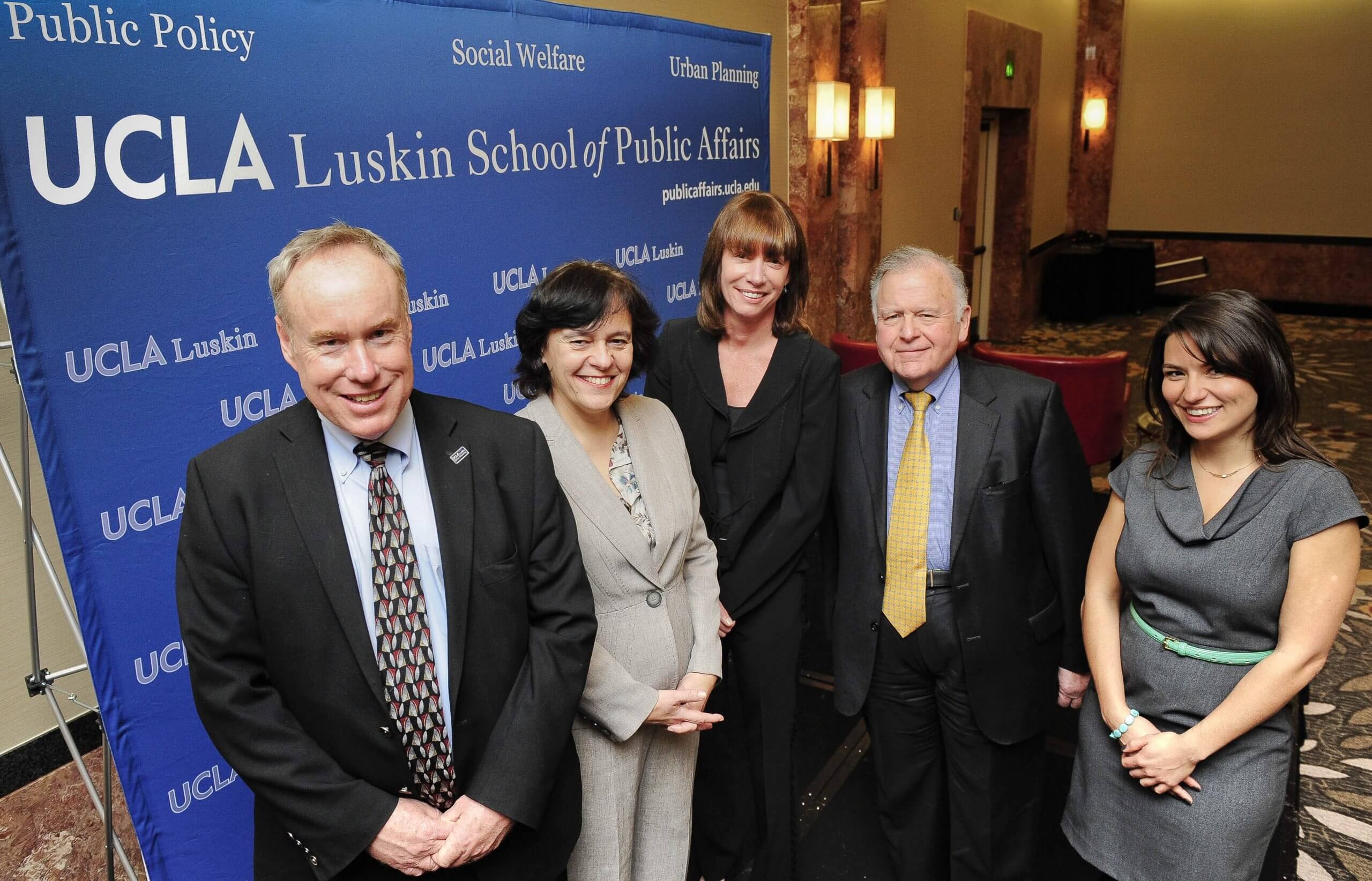

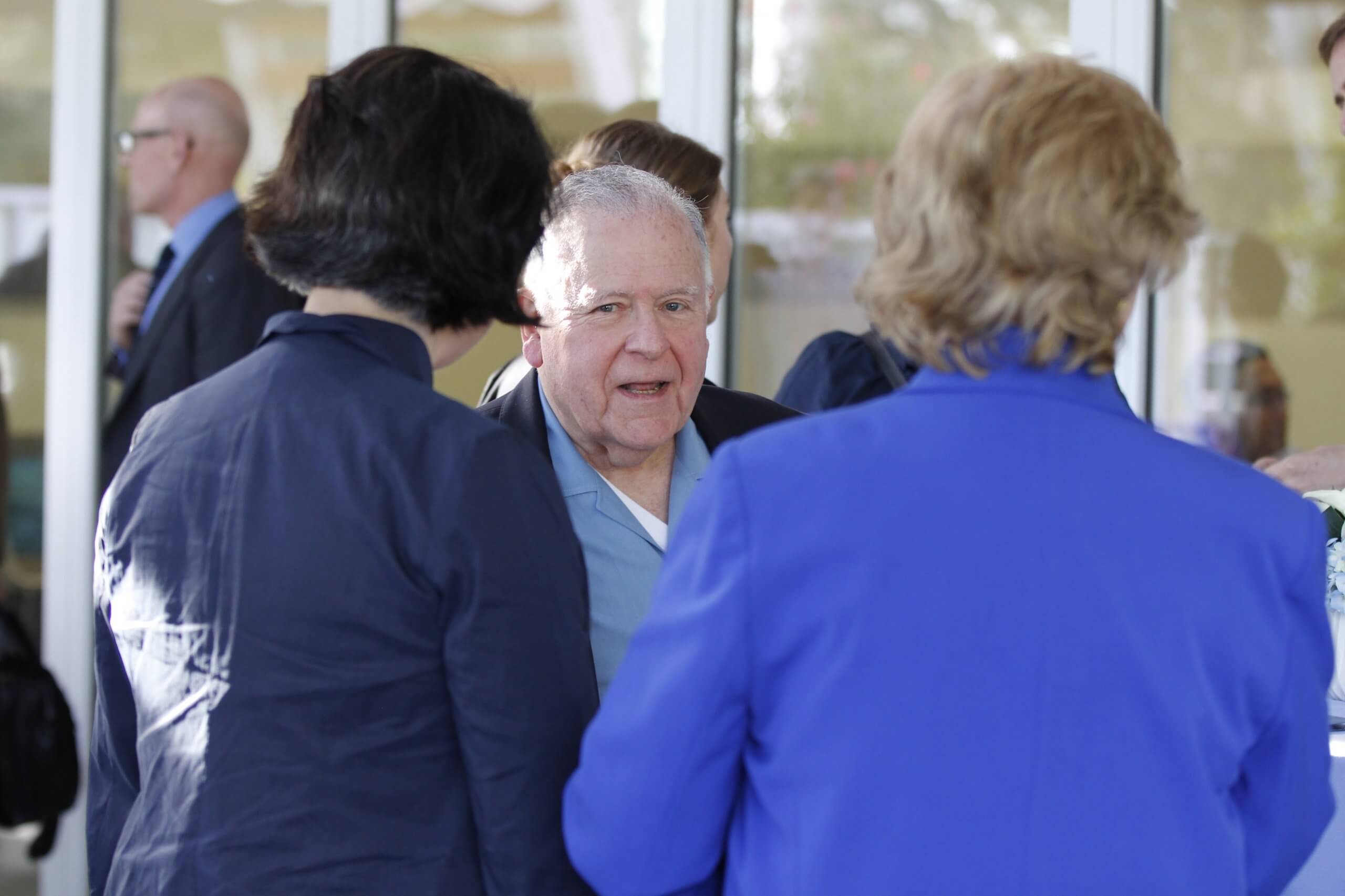
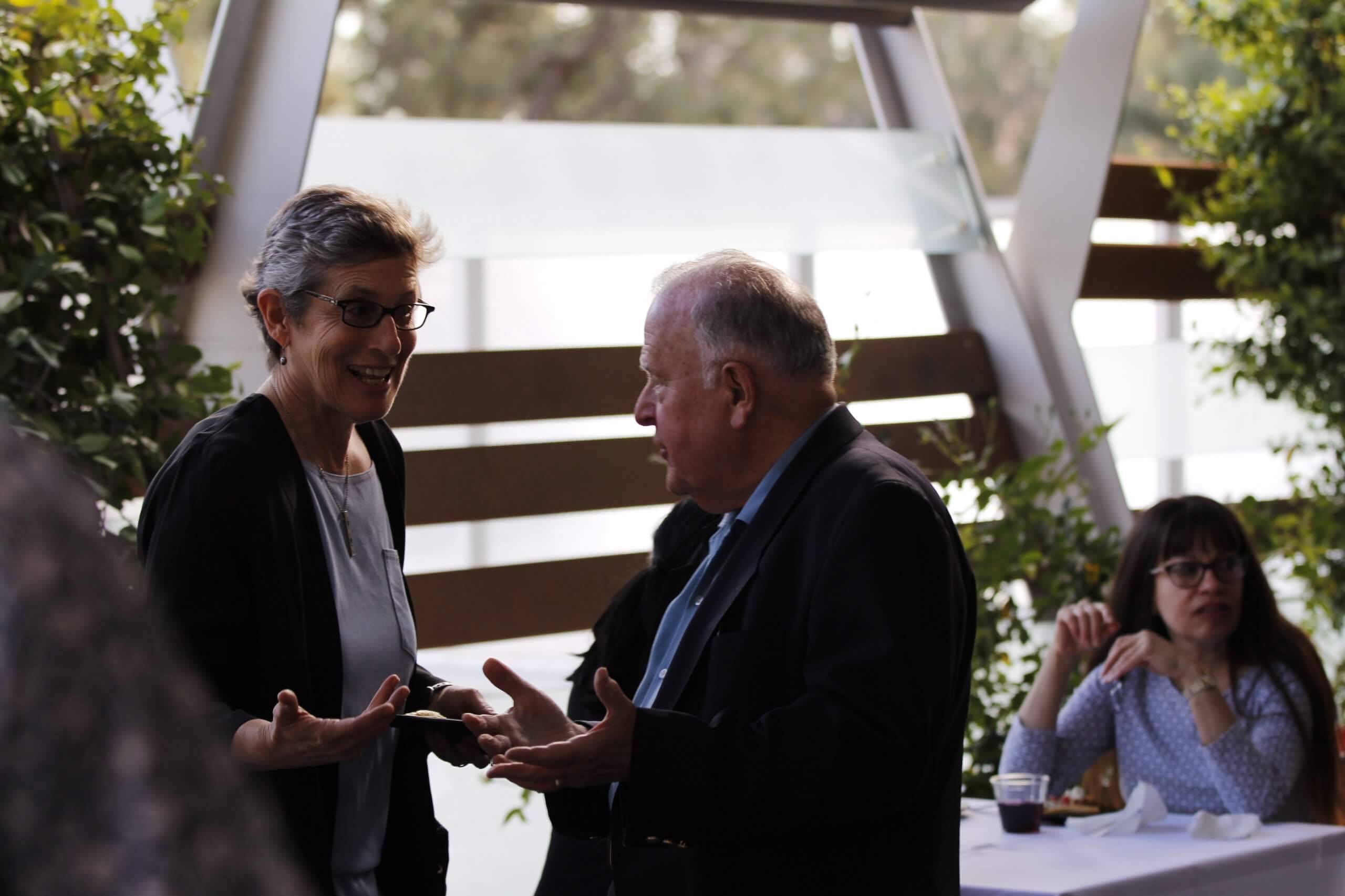
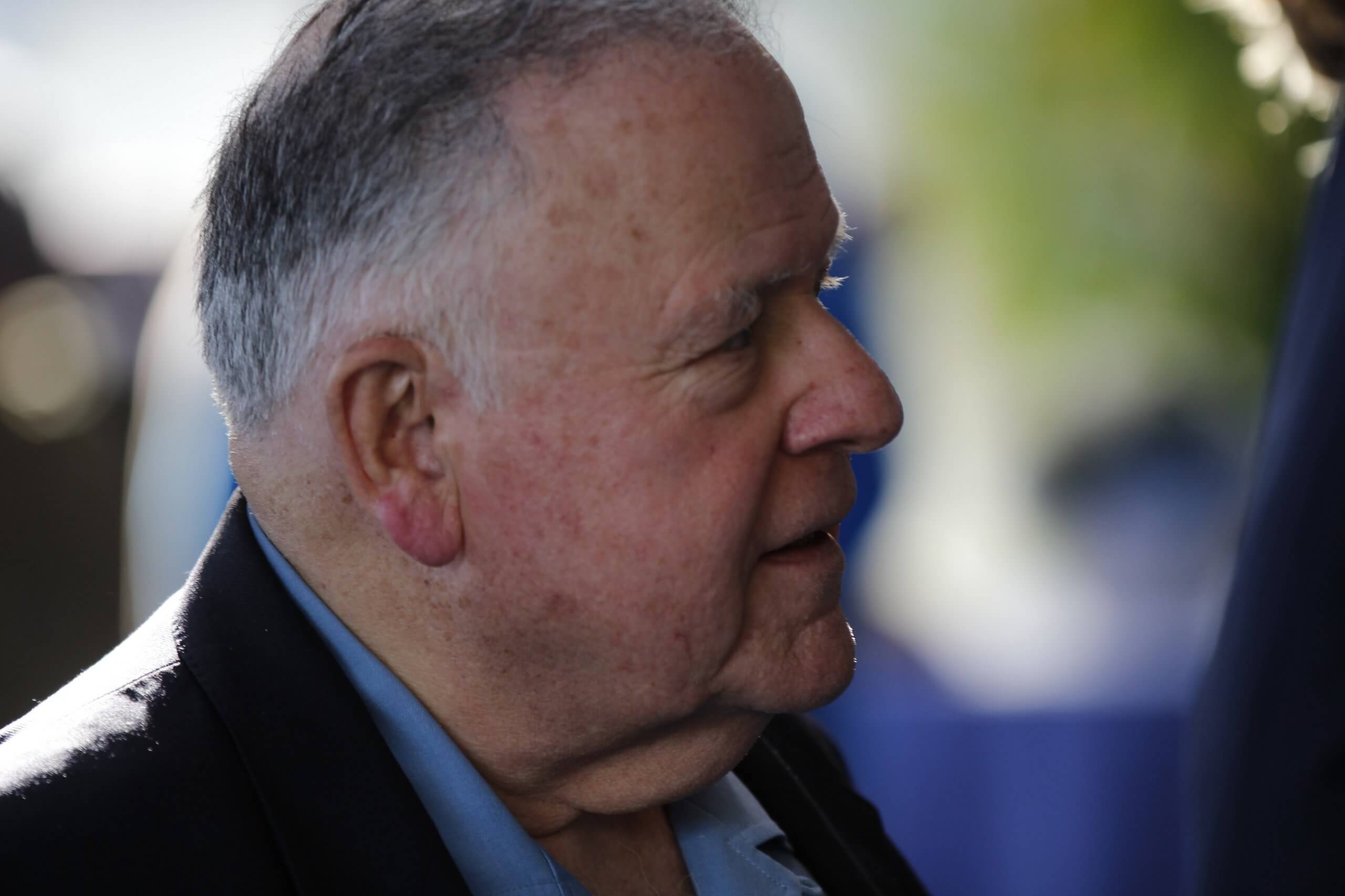
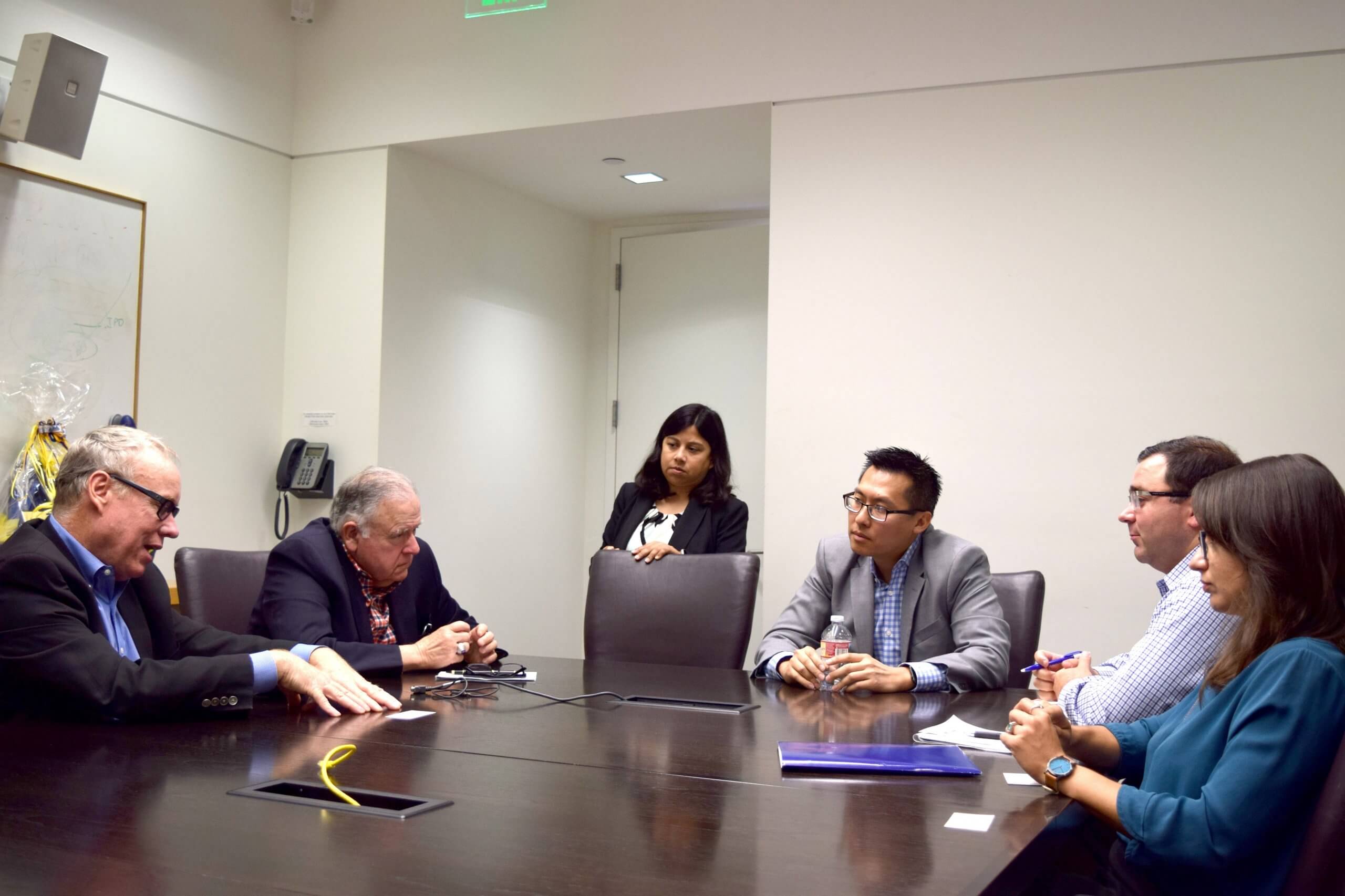
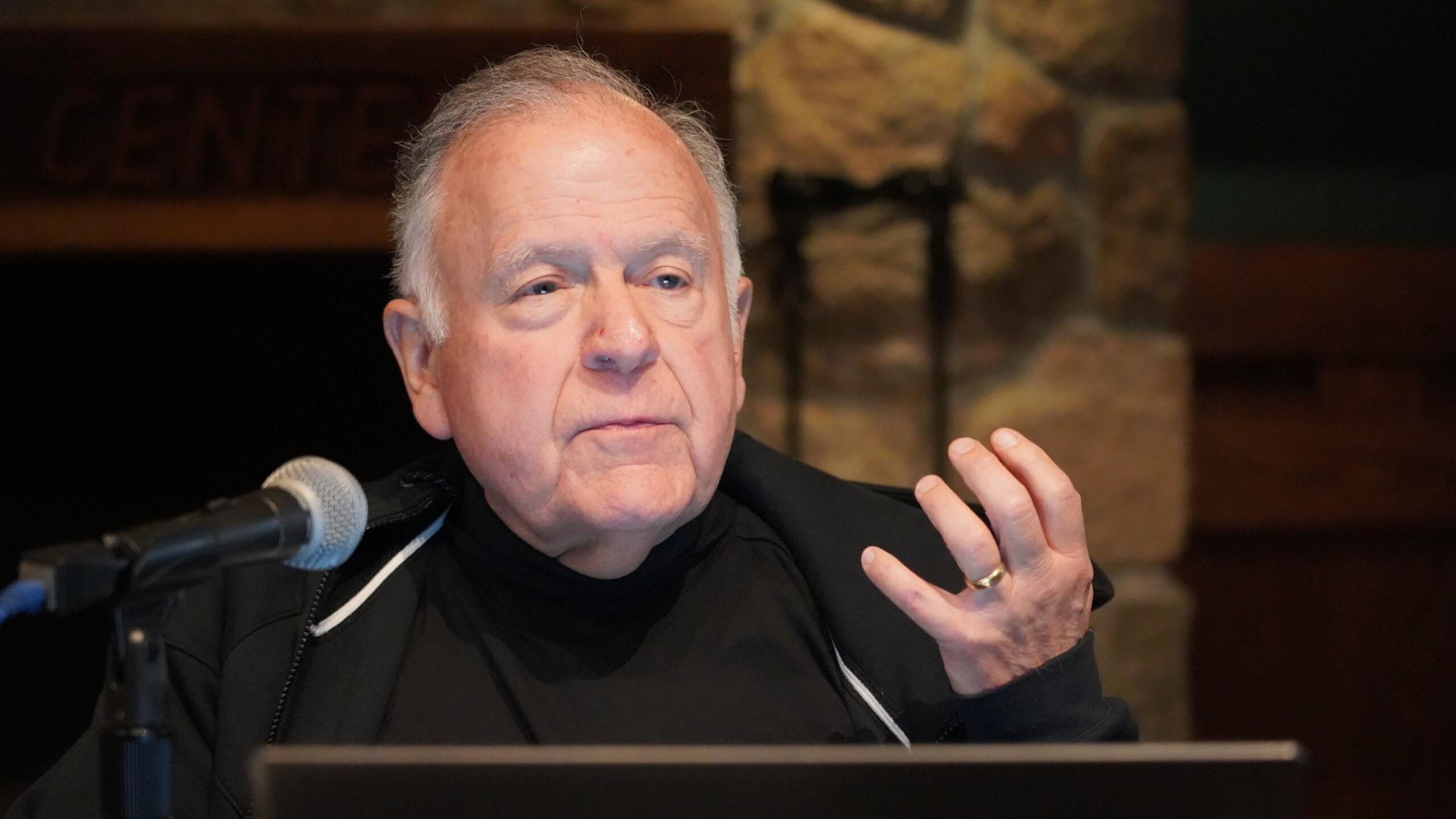
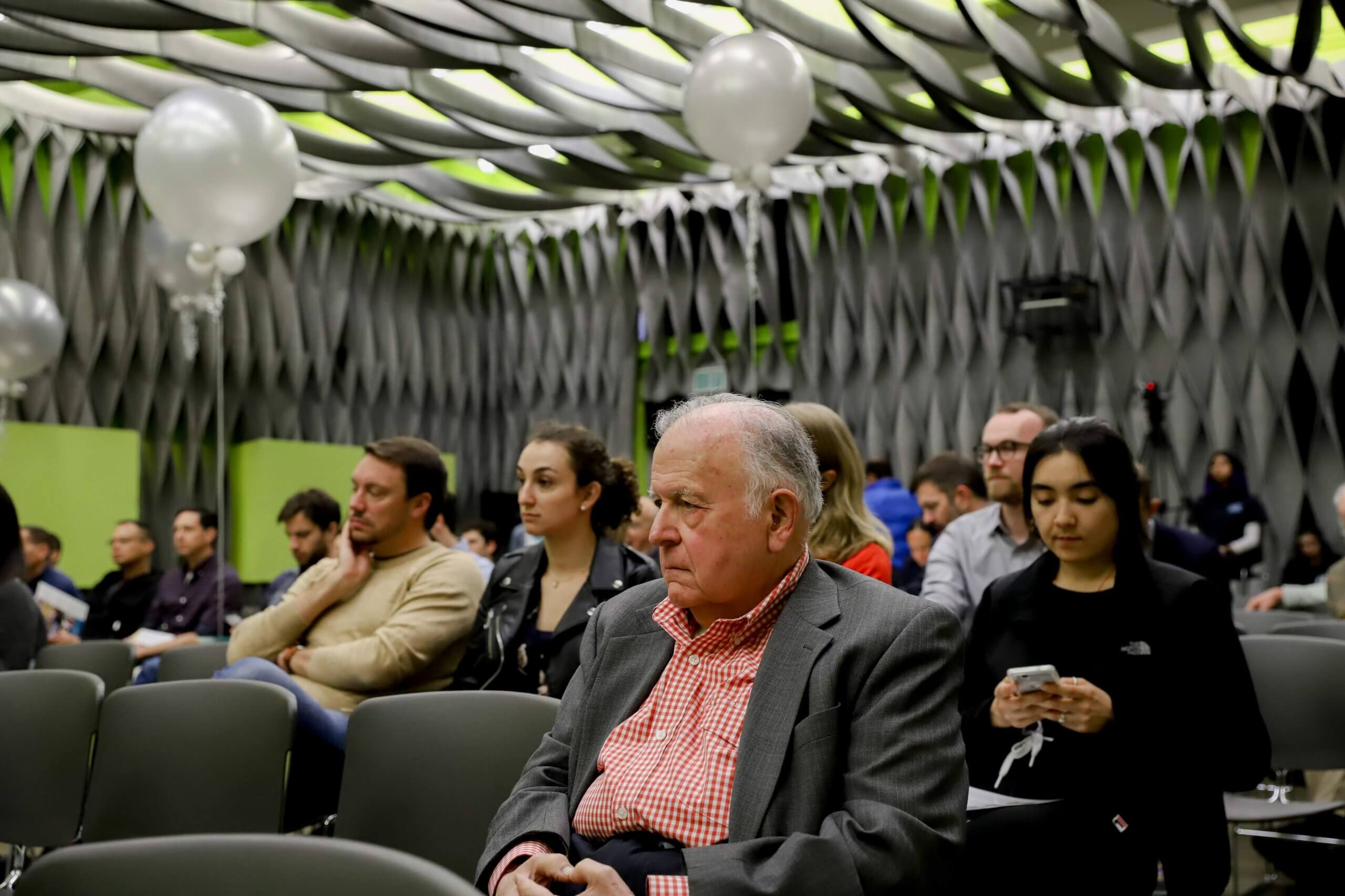
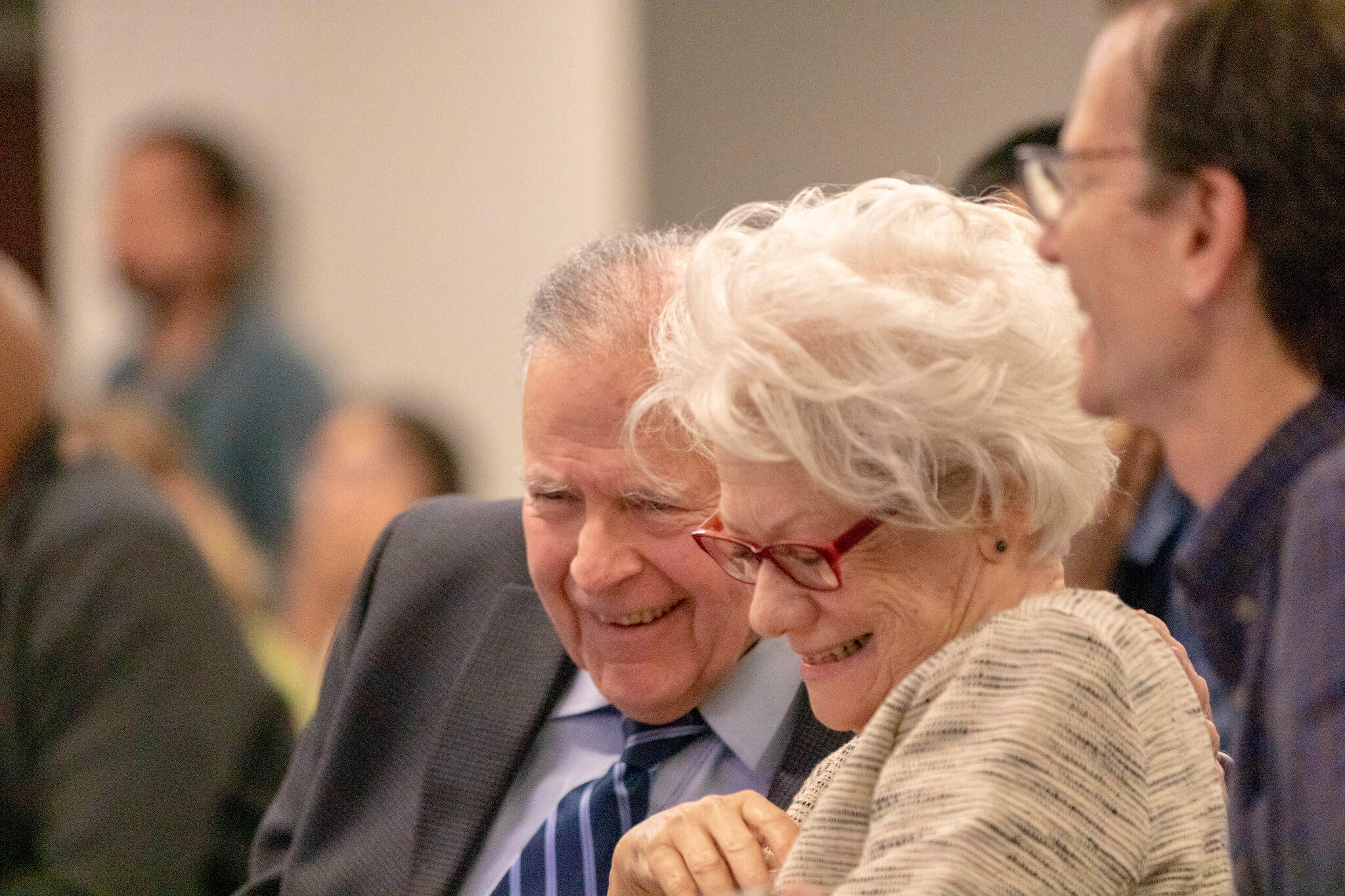
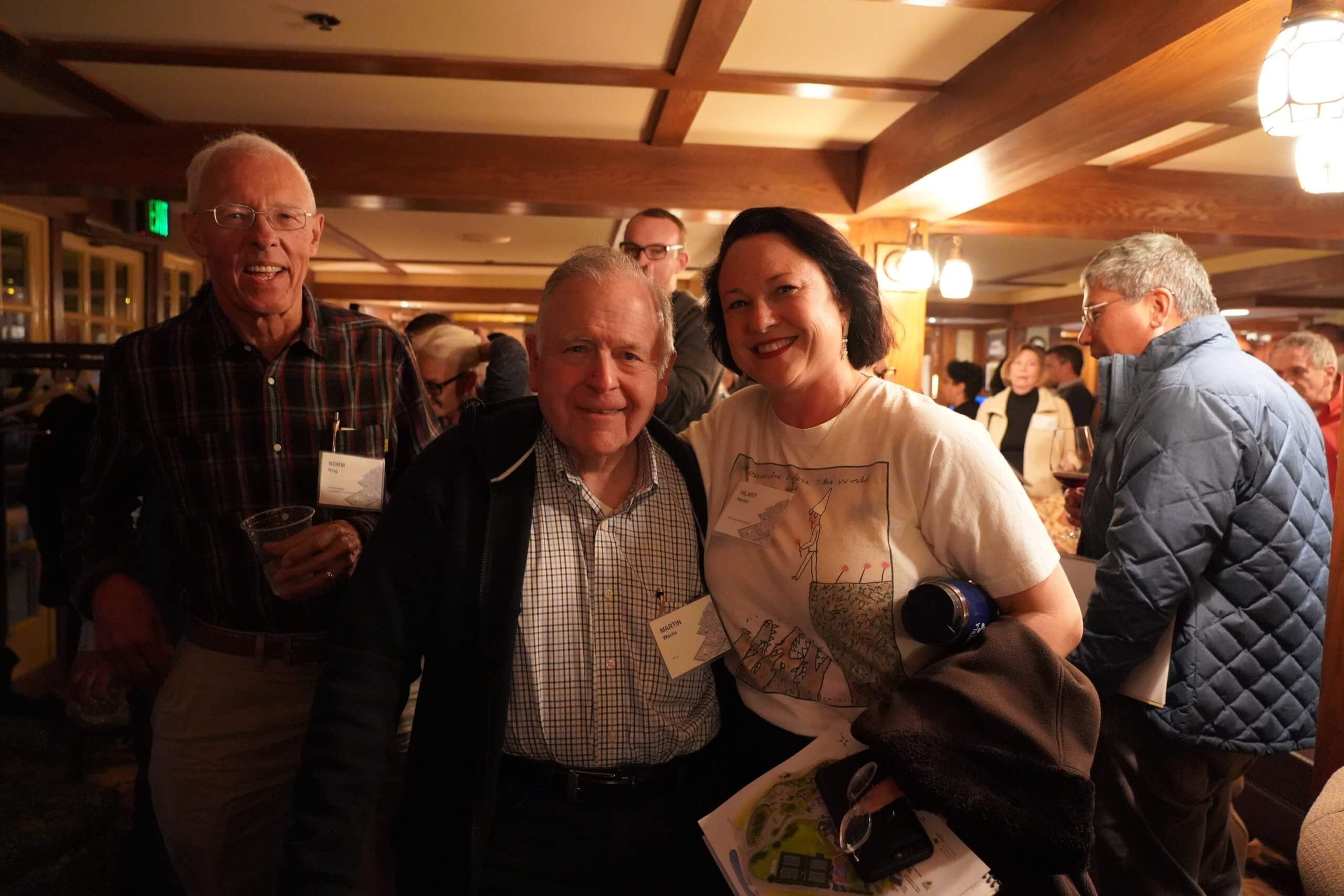
I first met Marty in 1988 when I entered the master’s degree program in urban planning at UCLA. But I only gradually got to know him over the years as a colleague, friend, mentor, and research collaborator – in roughly that order. Marty and Helen were present at many of the most important events in my adult life and these experiences would not have been the same without them. I—like so many of Marty’s students, colleagues, and friends—benefited tremendously from his warmth, integrity, mentorship, and generosity. Marty taught me about transportation, about the importance of leading by example, and, of course, about baseball (although I never did quite get the hang of scoring the Dodger games despite watching Marty do it on numerous occasions). Marty’s passing leaves an enormous hole for me personally and for our profession. Though I’m thankful to have the legacy of his written work, his legion of former students, and many, many wonderful memories.
I had the pleasure of working with Marty via ITS over the last few years and I was always reminded at how kind, good, and fair he was after each interaction I had with him. He always put his students first in his projects and expressed his concerns to ensure his students were supported. For some reason, I was always amazed that he would always take time to come to my office or call if we needed to discuss anything related to one of his projects. I guess I didn’t think he needed to make time for little ole me. After the Remembrance last night, I realized that was just Marty. He had a way of making sure each person he interacted with was seen. I am also a recipient of two of his lovely plants so I am glad that I will have them to keep his memory with me. I will miss him. My condolences to Helen and the Wachs family.
Marty managed to change my life before I even met him. I enrolled in the UCLA master of urban and regional planning program in large part because of funding provided through the Martin Wachs Transportation Scholarship. What I did not realize at the time was that the scholarship came with invaluable riders: dinners with Marty and Helen, and, in Marty, a mentor whose generosity with his time and knowledge defies words.
I often find academics lament their time in graduate school as an isolating slog. Clearly Marty was not one of their advisors, for he nurtured his students carefully, doling out advice, concern, and compassion in equal measure while fostering excitement in research.
Some memories of Marty that I will forever cherish: his infectious chuckle, his uncanny ability to recall exactly what happened on a specific day in the 1960s, his unbridled warmth and compassion, and his face focused intently on a conversation. He always had the uncanny ability to find every hole in my arguments, challenged me to turn issues on their head, or take a step back and look at the big picture. Any project or paper was the better for having Marty’s eyes on it. He imparted on me one of the most valuable lessons I took from graduate school: sometimes it’s better to do less in order to do each thing better. I try to channel that lesson daily, although Marty may have been the exception to his own sage advice: he always seemed to do a lot, and do it all superbly.
The tributes here are both an apt and glowing testament to the mentor and person that Marty was to everyone he crossed paths with, me included. He offers a true north star for how to live one’s life. If I am able to impart even a fraction of the compassion and mentorship that Marty did, that would be a feat. He will be so very deeply missed. My heartfelt condolences to Helen and Marty’s entire family.
I am very sad to hear the news of Marty’s passing. Though I never had the opportunity to be his student or work closely with him, any Google search on transportation financing or road pricing would bring up his name and research at the top of the results. So I was honoured when he accepted my invitation to speak about mobility funding at Transport Futures in Toronto on April 8, 2013. Of the experts who participated, his presentation and subsequent panel remarks received the best evaluation from our delegates – which is totally consistent with the top marks Marty received from students, fellow researchers and other colleagues throughout his career. Besides a fine article that he was interviewed for in Canada’s Globe and Mail newspaper, I’ll always remember the great post-event dinner conversation I had with Marty and Helen (who accompanied him).
I contacted Marty in early 2017 when he was sitting on the California Road Charge Technical Advisory Committee. I was organizing our second Road Pricing Leadership Summit and needed a current or former politician to complete our roster of speakers. Marty immediately recommended Jim Madaffer and told me “you can certainly use my name when inviting him; we know one another well.” He went on to say: “I think of the lovely trip my wife and I shared when we visited Toronto and I think you did a great job organizing that event. Thanks for reaching out to me.“ Marty was helping me so didn’t have to add those last two sentences. But this is just one example of what made him so special. I’ll always cherish the short time I was able to spend with him. Rest in peace, Marty. And my heartfelt sympathies to Helen and the entire Wachs family.
I took Marty’s transportation planning and policy course as a nervous new grad student in 2001. As an instructor, he stood out from the beginning because of his enthusiasm for the topics he presented, and for his kindness towards students. He seemed to see value in each and every one of us. From the first time we met about our class project, to running into one another at a TRB event 1.5 decades later, Marty – despite being one of the true giants of our field – always greeted me with warmth and made me feel like I truly belonged in the academic space. It isn’t hard to imagine the hundreds, thousands of other lives and careers he has touched in the same way. I am so grateful to have had the privilege to know Marty. My deepest condolences to his family.
Although I am one of Marty’s many academic grandchildren as he told me—in my case, by way of Robert Cervero—we never overlapped at any institution and I never had the opportunity to work closely with him. I did, however, get to meet with Marty on several enjoyable occasions, where his warmth and generosity were immediately apparent. He is the kind of mentor, academic, and professional I aspire to be. I’m particularly grateful for his 2016 JPER article on “Becoming a Reflective Planning Educator,” and all the wisdom it provides for a young academic and professional. I’m also grateful that he took the time to discuss the article with me. My strongest memory of Marty is his immediate quip that he hoped the article didn’t make too despondent about being an academic (or a planner.) Quite the contrary!
My heartfelt condolences to Marty’s family, friends, colleagues, and many advisees.
I wasn’t Marty’s student, but that doesn’t mean he wasn’t my teacher. He was generous with his time and talent. He was never bored when I asked rudimentary questions about transportation (undoubtedly answered thousands of times before). He was patient with me when I forgot to reply to emails, always gently nudging with an apology: “I’m sorry to take up your valuable time…” The fact that he thought my time was equal, if not more, valuable than his speaks volumes of the kind, caring and generous soul of Marty Wachs. Only great teachers leave these kinds of lasting memories. May his memory be a blessing and inspiration to us all.
Marty was a great professor and a real mensch. Every encounter with him (at Cal, at ACSP) was a pleasure. My sincere condolences to his family. May his memory be a blessing to all.
Thank you so much for streaming the service yesterday. I took a class with Prof Wachs on transportation finance in 2019. He was a wonderful teacher and let me write a research paper on a topic I was very interested in — even though it had pretty tenuous ties to finance. As others have stated more elegantly, Prof Wachs had a way of conveying he cared about each and every one of his students.
I hope this platform helps send some of the love and support he provided all of us back to his family, friends, co-workers, and mentees during this difficult time.
I offer my sincere condolences to the Wachs family and the UCLA Luskin community. It has been heartwarming to hear and read anecdotes about how Marty was as a mentor, teacher, colleague, and friend to so many. This week, I had some phone conversations where I learned more about his personal side such as him being interested in sports or stories about ‘Marty plants’ that were shared on the Zoom call to remember him. These brought a smile through the sadness that I feel. To me he was a teacher while at Berkeley, a thoroughly professional colleague, a careful reviewer, and solid supporter of students and junior scholars. Marty leaves a void that is too large to fill. His kindness, his care, and his simply being a good human being were a blessing. I remember a conversation when I was in the process of negotiating my first academic job at the University of Alberta, Canada. Marty was thoughtful and gauged the quality of the institution in relation to my needs as a junior scholar. With his positive support, he built my confidence for the next phase in my career. He was among a handful of senior colleagues who never made me feel that my ideas were uninteresting, even when he was being critical. I am fortunate to have associated with him as a collaborator during the last few years of his time here with us. On a personal level, his passing has brought into sharp focus what it means to be a scholar and colleague. His life is a model to aspire to.